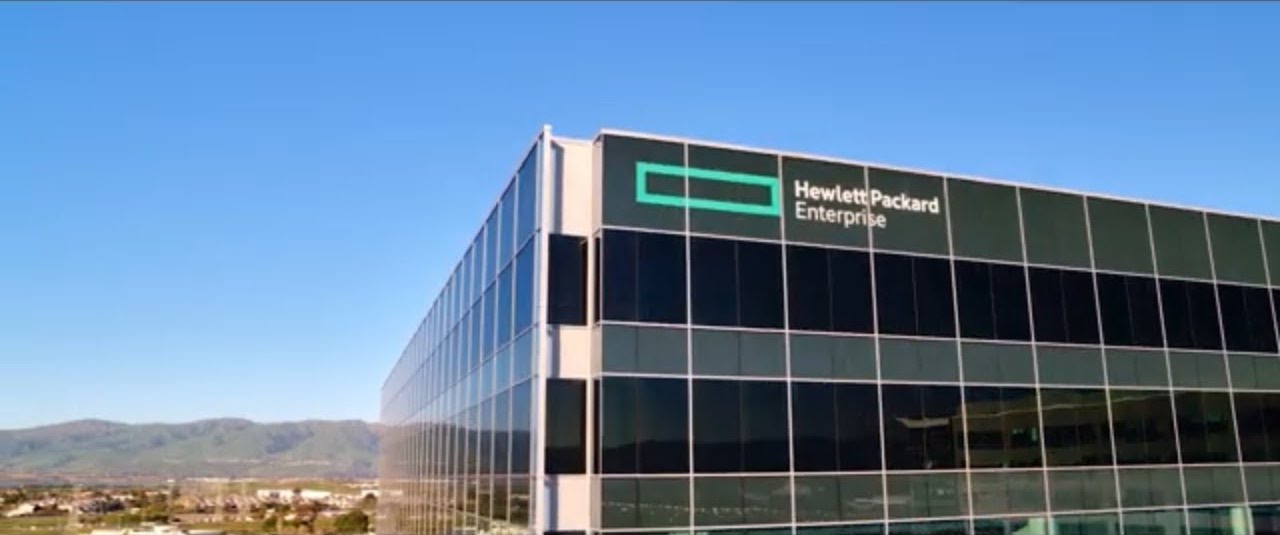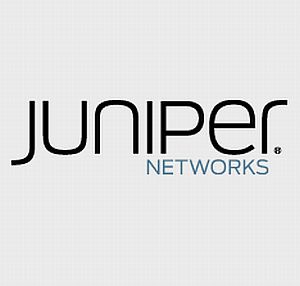Hewlett Packard Enterprise (HPE), a veteran of the tech industry, has confirmed a multi billion dollar acquisition of Juniper Networks.
HPE announced that Juniper has agreed to be acquired in an all-cash transaction for $40.00 per share, making the deal worth approximately $14 billion. That purchase price is a 32.4 percent premium to the stock’s close on Monday, before the deal was revealed.
HPE said the deal is a “highly complementary combination … enhances secure, unified, cloud and AI-native networking to drive innovation from edge to cloud to exascale.”

Juniper acquisition
To put that in English, HPE’s networking business (that includes data centre networking) is the division that in its latest quarter delivered the fastest growth, and the acquisition will allow HPE to exploit Juniper’s network security and AI-enabled enterprise networking offerings.
The acquisition will also help HPE better challenge networking powerhouse Cisco Systems.
“The combination of HPE and Juniper advances HPE’s portfolio mix shift toward higher-growth solutions and strengthens its high-margin networking business, accelerating HPE’s sustainable profitable growth strategy,” HPE stated.
The acquisition is expected to double HPE’s networking business, and should provide it with “a comprehensive portfolio that presents customers and partners with a compelling new choice to drive business value.”
HPE noted the explosion of AI and hybrid cloud-driven business is accelerating demand for secure, unified technology solutions that connect, protect, and analyse companies’ data from edge to cloud.
It said that these trends, and AI specifically, will continue to be the most disruptive workloads for companies, and HPE has been aligning its portfolio to capitalise on these substantial IT trends with networking as a critical connective component.
Specifically, HPE’s edge-to-cloud strategy will be improved with an ability to “lead in an AI-native environment based on a foundational cloud-native architecture.”
Juniper CEO Rami Rahim will lead the combined HPE networking business, reporting to HPE President and CEO Antonio Neri.
“HPE’s acquisition of Juniper represents an important inflection point in the industry and will change the dynamics in the networking market and provide customers and partners with a new alternative that meets their toughest demands,” said HPE’s Neri.
“This transaction will strengthen HPE’s position at the nexus of accelerating macro-AI trends, expand our total addressable market, and drive further innovation for customers as we help bridge the AI-native and cloud-native worlds, while also generating significant value for shareholders,” said Neri.
“I am excited to welcome Juniper’s talented employees to our team as we bring together two companies with complementary portfolios and proven track records of driving innovation within the industry,” Neri concluded.
“Our multi-year focus on innovative, secure AI-native solutions has driven Juniper Networks’ outstanding performance,” added Juniper CEO Rami Rahim. “We have successfully delivered exceptional user experiences and simplified operations, and by joining HPE, I believe we can accelerate the next phase of our journey.”
There is no word yet as to the job implications for the staff at HPE and Juniper.
Tech veteran
Hewlett-Packard is regarded as one of the founding companies of California’s tech homeland of Silicon Valley, after being founded in 1939 in a Palo Alto garage.
HPE itself was created in the 2015 split of Hewlett-Packard, which saw HPE concentrating on enterprise software and networking, whereas HP focused on making PCs, laptops and printers.
Since then HPE has mostly avoided making large acquisitions (after the Autonomy debacle), although it did purchase veteran supercomputer maker Cray Inc for $1.3bn back in 2019.
In December 2020 HPE announced it was leaving California and moved its headquarters to Texas.




